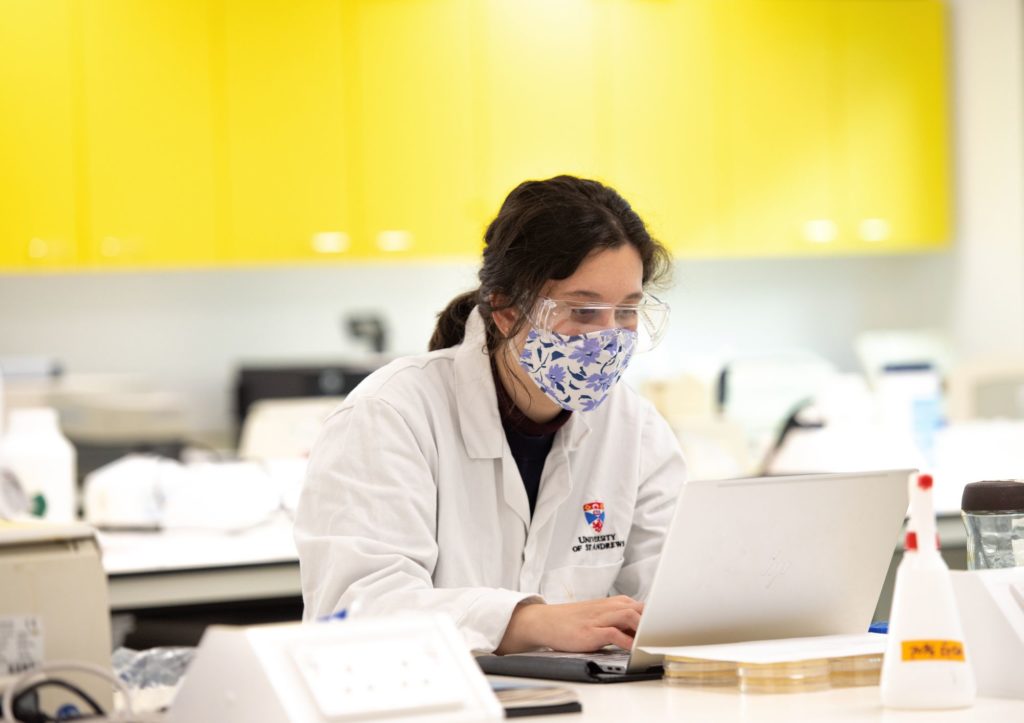Project Description
Fish are an essential source of protein for human consumption and animal feed around many African lakes. These fish (including species known variously as Mukene, Dagaa and Kapenta) are caught from open canoes by local fishermen at night and processed (dried whole) and sold typically by local women, providing them with some financial independence. Drying is low-tech and labour-intensive: fish are spread on the ground or on tables and regularly turned to dry in the sun over the course of 2 or 3 days. This works in the dry season, but in the rainy season and during periods of protracted clouds is ineffective. At such times catch spoils, and food and income are lost.
The project has engineered a prototype fish dryer that will use Photovoltaic (PV) panels, heat exchangers, pumps and fans to extract heat from Lake Victoria. The prototype was tested on Lake Victoria in Uganda in collaboration with the Lake Victoria Fisheries Organisation and Mukene Industries. The project offers an innovative engineering approach via a low-carbon solution to improve food security and financial wellbeing across East Africa and beyond
The project aligns with the EPSRC ethos by pioneering the application of emerging, low-carbon technology to improve food security. The application of clean engineering technology here has the potential to reduce losses of critically important low-cost, protein-rich food, underpinning nutrition, reduce hunger, enhance food security and increase financial wellbeing. This project will see the application of technology in many of the UN Sustainable Development Goals. More specifically, this application aligns with the EPSRC themes on; energy, engineering, global uncertainties, living With environmental change and manufacturing for the future.
Project Outputs
The purpose of the short exchange visit is to provide core training in sustainable and equitable Developing and engineering of the fish-drying heat pump to foster improved food security through supplies of affordable and nutritious food), health (poor health arising from malnutrition), economic wellbeing (job insecurity – in this instance, fish-drying during inclement conditions) and addressing gender inequality. This will be achieved through improving the capability of the largely women-led fish-drying workforce to operate year-round. The legacy of this project is the potential for the installation of community-scale fish dryer technology at various Beach Management Units around Lake Victoria, where fish are landed, traded and dried.
Project Partners
- School of Biology, University of St Andrews
- School of Physics and Astronomy , University of St Andrews
- National Fisheries Resource Research Institute, Uganda
- Lake Victoria Fisheries Organisation, Uganda
For more information please contact Principal Investigator, Professor Andrew Brierley.

